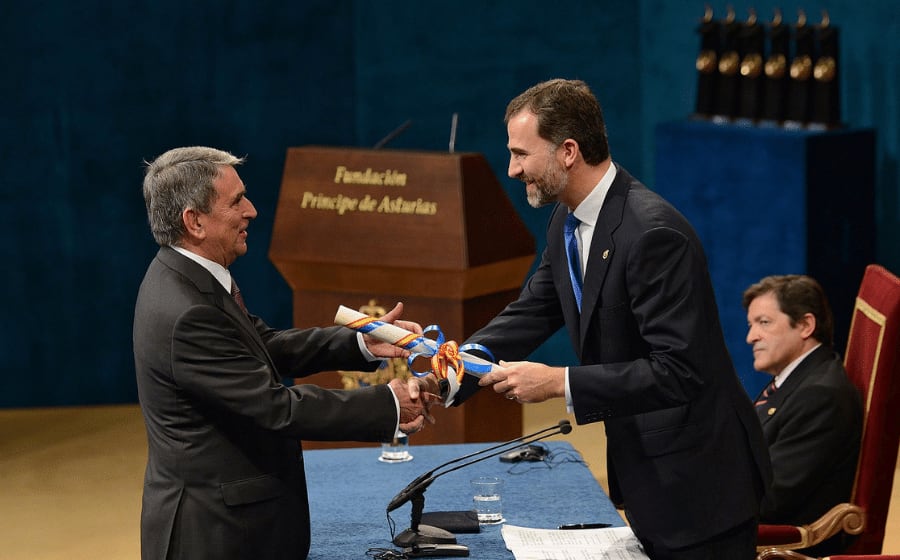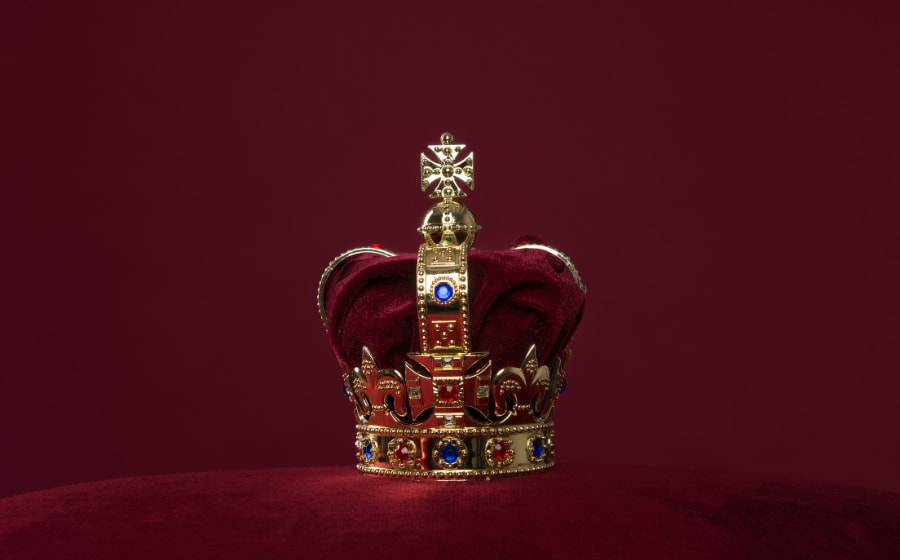What does the Spanish Monarchy Do? Role and Influence in Spain's Society
November 18, 2022
Win a FREE Trip to Spain!
Exciting Announcement! For the first time, we're thrilled to offer exclusive trips to the heart of Spain - an experience like no other. This isn't your typical tourist journey; it's a unique opportunity to immerse yourself in authentic Spanish culture, alongside real locals and our passionate team.
But there's more! Simply by requesting information about this amazing trip, you'll be entered into a special draw to win a Fully Paid Trip to Spain for Two. And that's not all - everyone who inquires will receive an exclusive bonus gift, valued at $500, available only now.
Ready to Discover the Real Spain?Click Here ↑ to Request Information & Enter the Draw!
As of today, ten countries in Europe are Parliamentary Monarchies. But what does it means? What does the Spanish Monarchy do?
Well, that’s precisely what I’m going to explain to you. I know it might sound confusing since The Monarchy is often associated with absolute power in which the King imposes all his rules over a country. But that’s not how things work, and I’ll explain why.
In this article, you’ll find everything about Spain’s form of government, the actual functions and role of the King, and I’ll tell you some extra details about the heir of the Spanish Crown and their current influence over society, so stay tuned!
Let’s begin by answering the most asked questions of all!!
Table of Contents ▼ ▶
What does the Spanish Monarchy Do?
The Constitution states that the King is the symbol of the unity and permanence of the State, he arbitrates and moderates the functioning of the institutions, and assumes the highest representation of the Spanish State in international relations, especially with the nations of its historic community.
The King reigns but does not rule, which means that the judicial, legislative, and executive powers are independent of the Crown and should be independent of each other. For more information about the Spanish Monarchy, its history and the Royal Family I suggest you read the following article:
Spain Monarchy 101: A Complete Journey of the Spanish Royal Crown
The current King of Spain has been Felipe VI since June 19, 2014. After his father, Juan Carlos I abdicated and left the reign to his son. The family comes from the royal Borbon family, one of the lineages with the most extended history of French and Spanish kings and nobles.
Functions of the Head of the State
The functions expressly attributed to the King by the Constitution are:
- To sanction and promulgate the laws.
- To convene and dissolve the Cortes Generales and to call elections under the terms outlined in the Constitution.
- To call referendums in the cases foreseen in the Constitution.
- Proposing candidates for President of the Government and, if appropriate, ending their functions under the terms stated in the Constitution.
- To appoint and dismiss government members at its President’s proposal.
- To issue the decrees after the Council of Ministers agree, confer civil and military posts, and grant honors and distinctions according to the law.
- To be informed about the affairs of the State.
- To preside at meetings for the Ministry Council when appropriate and at the request of the President of the Government.
- To have the supreme command of the Armed Forces.
- Exercising the right of pardon following the law may not authorize general pardons.
- The High Patronage of the Royal Academies.
- To accredit ambassadors and other diplomatic representatives.
- Manifest the consent of the State to be bound internationally by treaties following the Constitution and the laws.
- To declare war and make peace, prior authorization of the Cortes Generales.
Source: Official web site of the President of the Government and the Council of Ministers
What type of Monarchy is Spain?
The political form of the Spanish State is the parliamentary monarchy. The King is the Head of State but does not possess any power over the State. All his acts must be countersigned by the government and, where appropriate, by the competent ministers who will also become responsible for such actions under the provisions of the Constitution.
Influence in Spain’s Society
The image of the Monarch is intrinsically linked to the idea of national unity, especially in economic, military, or terrorist crises. Also, the Monarchy plays a significant role in the process of maintaining relations with other European countries. But, as everywhere else in the world, there are discussions about the relevance of the Monarchy today, while others claim that as long as the parliamentary Monarchy does not deviate from its defined functions, it can continue to be helpful and endure.
The Prince of Asturias Awards
1981 - 2014

Also, The Spanish Crown has honored scientific, technical, cultural, social, and human work through The Prince of Asturias Award since 1981. On them, they highlight the hard work and legacy carried out by individuals, institutions, groups of people, or institutions in the international arena, with particular attention to the Spanish-speaking world.
A few years ago, the Board of the Prince of Asturias Foundation approved that the institution and the awards be renamed “Princess of Asturias,” in allusion to the heir to the Crown, Princess Leonor de Borbón, following the coronation of her father as Felipe VI of Spain. Here is a video of her giving a speech at the awards.

Unesco declared these awards as an “exceptional contribution to the cultural heritage of humanity” in 2005.
In healthcare, the consort Queen of Spain, Letizia Ortiz, has been committed to encouraging those suffering from rare diseases and their families and to the fight against cancer. She has consistently demonstrated her great concern for the impact of the disease on society and fighting against cancer through research, information, prevention campaigns, and volunteering, so sheassumed the Honorary Presidency of the Spanish Association Against Cancer and its Scientific Foundation.
To learn more about the controversial origin of the Consort Queen of Spain, take a look at the following article:
Does Spain have a queen? If so, how much power does she have?
What is the difference between Monarchy and Democracy?
The difference between Monarchy and Democracy is that Monarchies are headed by a Monarch with authority to rule or govern, while Democracies are political systems in which the people elect the government that regulates.
However, the main thing to highlight here is that many different types of Monarchies exist. And, as we have seen before, Spain is a Parliamentary Monarchy, which is fully compatible with democracy.
- Absolute Monarchy: In an absolute monarchy, power is entirely in the hands of the monarch, without any division of powers.
- Constitutional Monarchy: The monarch remains the head of State, but a constitution limits his power. (Existing in places like Morocco and Jordan)
- Parliamentary Monarchy: Which is compatible with democracies since the King reigns but does not rule. Citizens elect the President and the government.
- Hybrid Monarchy: This category includes an intermediate regime between absolute and constitutional Monarchy.
The Spanish royal lineage is rooted in the royal families of the ancient Hispanic Christian kingdoms of the High Middle Ages, where different dynastic houses were ascribed in each historical period with a designated surname. This means that the Current King of Spain is genealogically linked with the most remote monarchs of the medieval peninsular kingdoms!! maintaining the royal lineage.










